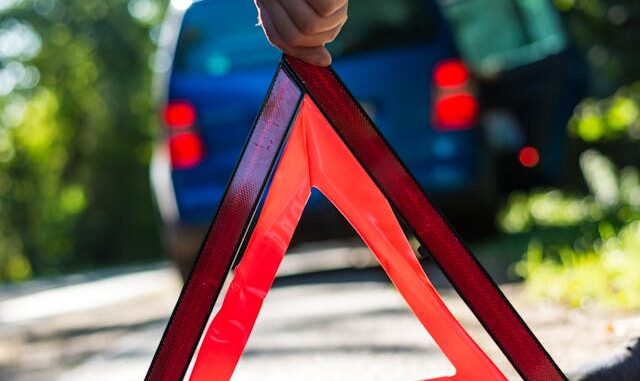
Experiencing a car accident in Ontario can be a stressful ordeal, and dealing with tow trucks adds another layer of complexity to the situation. This article provides essential guidance on how to handle tow truck services effectively after a car accident, ensuring a smoother process and protecting your rights.
Immediate Steps After a Car Accident
- Safety First: Prioritize safety for yourself, passengers, and others involved in the accident. If possible, move your vehicle to a safe location to avoid further risks of collision or obstruction on the road.
- Assess Injuries: Check for injuries and seek medical assistance if needed. Your well-being and that of others involved should be the primary concern immediately following the accident.
Understanding Tow Truck Regulations in Ontario
- Authorization Requirements: In Ontario, tow truck operators must have authorization from the vehicle owner or their representative before towing a vehicle. This authorization can be verbal or written, depending on the circumstances.
- Disclosure of Fees: Tow truck operators are required to disclose their rates, including hookup fees, mileage charges, and storage fees if applicable. This information must be provided upfront to avoid disputes over costs later.
Choosing a Tow Truck Service
- Preferential Towing: If you have a preferred towing company or roadside assistance provider, inform law enforcement and your insurance company of your choice. They can coordinate with your preferred service provider for towing arrangements.
- Insurance Coverage: Check your insurance policy to understand coverage for towing services. Some policies may include roadside assistance or reimbursement for towing expenses up to a specified limit.
Dealing with Tow Truck Operators
- Authorization Process: When approached by a tow truck operator at the accident scene, ask for their credentials and confirm their authorization to tow your vehicle. Verify their identification and company affiliation before authorizing any services.
- Understanding Costs: Request a breakdown of towing costs and fees before agreeing to services. Ensure you understand the total charges, including potential storage fees if your vehicle is taken to a storage facility.
Rights and Responsibilities
- Refusal of Services: You have the right to refuse tow truck services if you prefer to use a different provider or arrange for towing independently. Communicate your preferences clearly to avoid misunderstandings.
- Receipts and Documentation: Obtain a detailed receipt from the tow truck operator listing all services provided and associated costs. This documentation is essential for insurance claims and reimbursement purposes.
Post-Towing Considerations
- Destination of Your Vehicle: Know where your vehicle will be towed. Obtain contact information and location details of the towing destination, whether it’s a repair shop, storage facility, or another designated location.
- Insurance Notification: Inform your insurance company promptly about the towing arrangements and the location where your vehicle will be taken. This allows them to initiate the claims process and coordinate with the repair facility.
Avoiding Predatory Practices
- Avoid Solicitation: Be cautious of tow truck operators who arrive at accident scenes unsolicited (“chasing accidents”). These operators may not have your best interests in mind and could engage in predatory practices.
- Research Trusted Providers: Research reputable tow truck companies in your area before an accident occurs. Reading reviews, checking certifications, and asking for recommendations can help you identify trustworthy service providers.
Seeking Legal Advice
- Disputes and Complaints: If you encounter issues with a tow truck operator, such as unauthorized towing or excessive charges, document the incident and consider seeking legal advice. Agencies like the Ontario Ministry of Government and Consumer Services can assist with complaints.
- Legal Protections: Familiarize yourself with consumer protection laws in Ontario regarding towing services. Knowing your rights empowers you to take action if you believe your rights have been violated.
Conclusion
Dealing with tow truck services after a car accident in Ontario requires careful navigation of regulations, clear communication, and informed decision-making. By understanding your rights, verifying credentials, and documenting all interactions, you can mitigate potential challenges and ensure your vehicle is handled with care.
Remember to prioritize safety, confirm authorization before towing, and communicate promptly with your insurance company and preferred service providers. These practices not only streamline the post-accident process but also protect you from predatory practices and unnecessary expenses.
In summary, proactive preparation and adherence to regulations help Ontario drivers effectively manage tow truck services following car accidents, ensuring a smoother recovery process and peace of mind during a challenging time.
